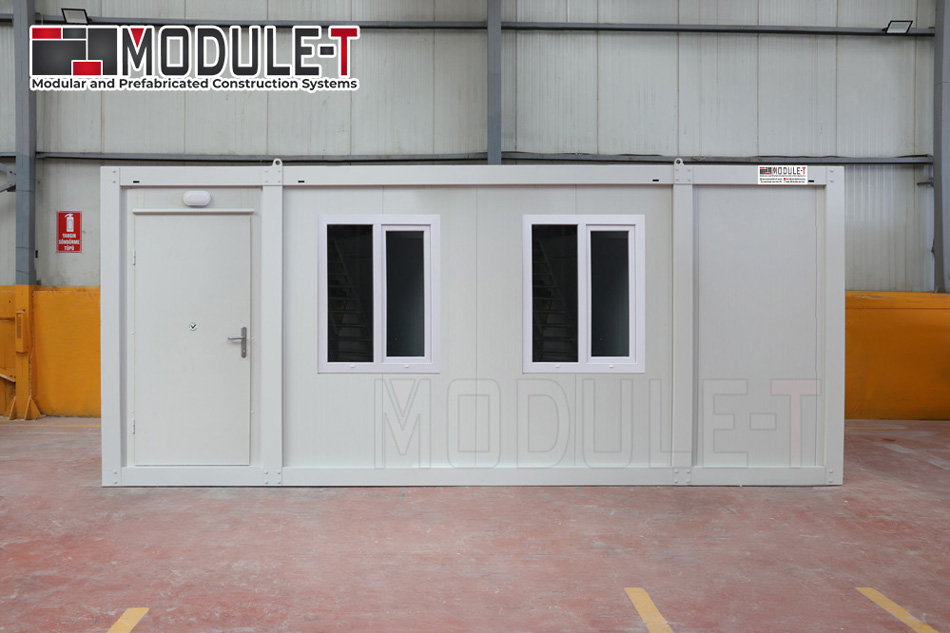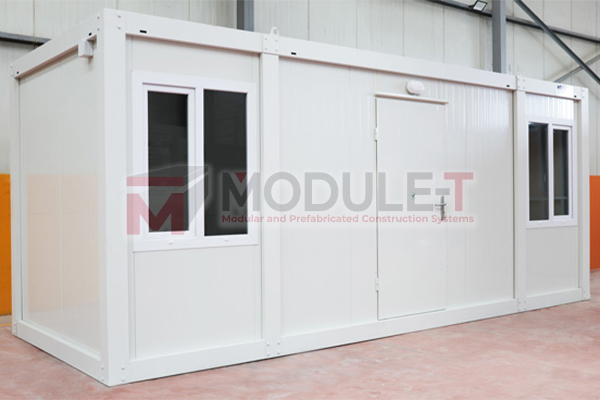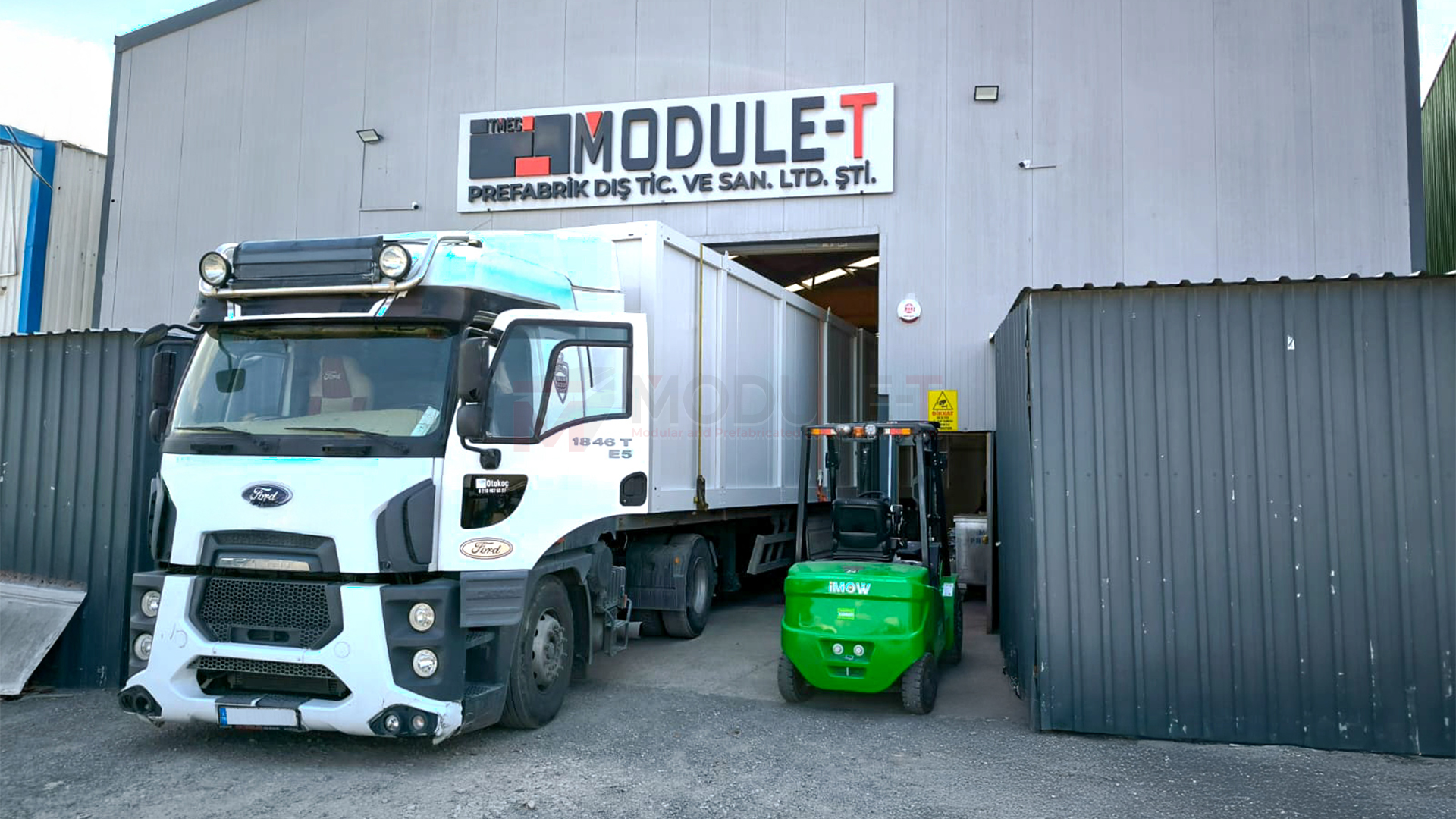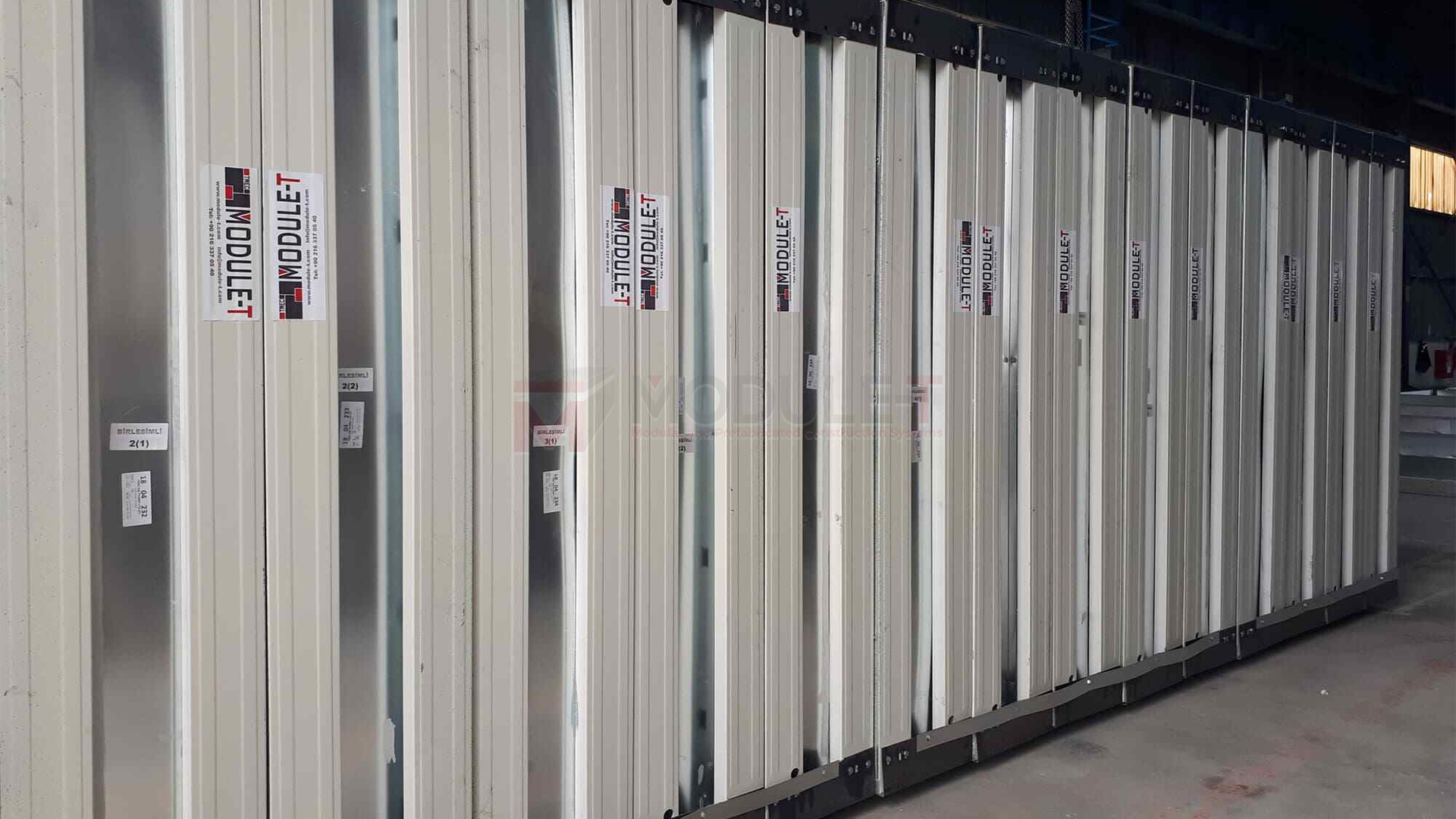In the era of the future of flexibility at work, traditional office spaces are giving way to innovative solutions. Office containers are a prime example of design creativity and mobility. As businesses adapt to the future of flexibility at work, they embrace compact, modular structures to maximize space and boost productivity. These structures offer a glimpse into how work environments can evolve, meeting the demands of both companies and employees. Ultimately, the future of flexibility at work lies in solutions like these—combining efficiency, adaptability, and modern design.
Our sales teams and call center are ready to help you.

-
Solutions
- Flatpack Containers
- Office Containers
- Sanitary Containers
- Locker Containers
- Dormitory Containers
- Accommodation Containers
- Projects
- Products
- Contact
- Request a Quote




